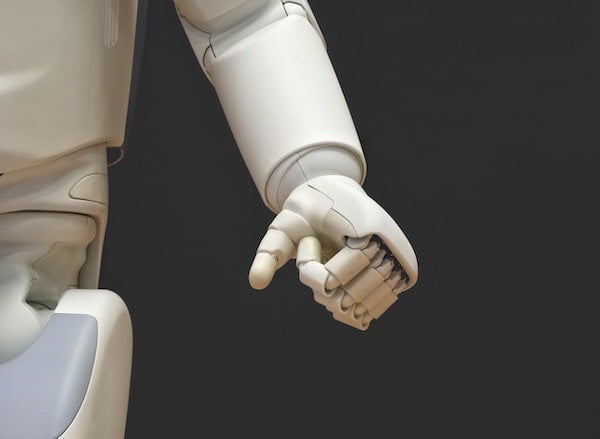Published on
Artificial Intelligence for Decision-Making and Student Success in Online Higher Education

As online education and training become more prevalent across all sectors of the global market, institutional stakeholders in higher education are looking for ways to leverage programming and software development in order to solve pressing problems and engage students in meaningful and ethical ways.
Artificial intelligence allows for higher education experts to view their institution’s data in a different light; perceptive machines perceive salient trends and outliers not often seen by human analysts. Perhaps one of the most promising artificial intelligence applications in online higher education is developing algorithms that aim to study student performance in order to increase retention and graduation rates.
Although retention and graduation rates in online education are affected by multitudinous variables, adaptive programming can detect minute data points that identify student satisfaction, financial obstacles and other challenges students commonly face – in real-time. For instance, an artificial intelligence program linked to a Learning Management System (LMS) can recognize when a student is struggling academically. As a response, the machine can automatically recommend to the student unique tutoring, supplemental materials, or notify the instructor that the student needs attention.
In the same way, a machine can recognize when a student is doing particularly well or is interested delving deeper into certain subject matter. Accordingly, the artificial intelligence system can recommend available honor societies, scholarships or workforce opportunities. These types of adaptive systems, paired with proactive advisors and faculty, can positively impact the student’s customized online learning experience and lead to overall higher retention rates.
Furthermore, the application of discerning machines programmed to analyze student degree progress also have remarkable potential in the online learning environment. Intelligent software integrated into registrar systems can identify stop-out risk factors and flag the school early so that organizational stakeholders can proactively support groups or individuals who may be struggling.
A registrar system enhanced by machine learning software also has the potential to recommend certain coursework to students based on recent registration activity. By allowing machines to match student needs to university programs, services and products, institutions are able to provide students with immediate support when staff members are unavailable.
As with academics and degree planning, artificial intelligence also has tremendous application potential in marketing and student enrollment. One prime example is the ability for machines to gather vast amounts of data on student preferences and interests based on a student’s interaction with the organization’s website or portal. Machines can be programmed to learn what the student continually researches (i.e. cyber security courses, participating in a university Esports league or seeking veteran resources). The system can automatically draft and send a custom e-mail or text message with dynamic content directly matching the student’s needs with the institution’s offerings.
Along with personalized email and text communications, artificial intelligence can furthermore be utilized to interact with prospective and current students through chat bots who can answer a variety of detailed questions on demand. Keen and timely algorithmic communications like these can lead to increased enrollment and deeper student participation.
While artificial intelligence technology can be an extremely useful tool in online education, administrators should consider how to strike a balance between employing smart software and human-based approaches to ensure students are holistically engaged. Too much artificial intelligence interaction can produce a sterile and cold virtualized learning environment. Too little artificial intelligence adaptation presents an operational risk to colleges and universities striving to prosper in the modern era. Therefore, higher education leaders should carefully consider what role artificial intelligence and machine learning will play in their organization when drafting strategic goals and governing policies.
In summation, rapidly evolving technological progressions in artificial intelligence are undoubtedly going to continue to shape federal, state and accreditation body laws concerning higher education. Consequently, university leaders of continuing education and online learning programs should closely monitor the ways in which artificial intelligence impacts education policy, ethics and student engagement.
Disclaimer: Embedded links in articles don’t represent author endorsement, but aim to provide readers with additional context and service.
Author Perspective: Administrator



